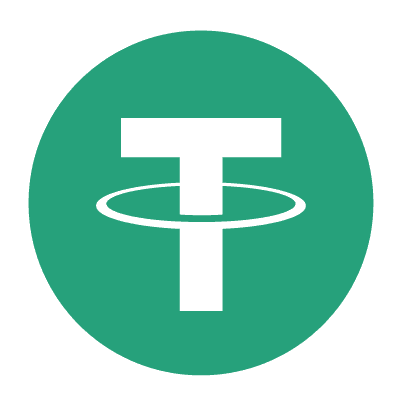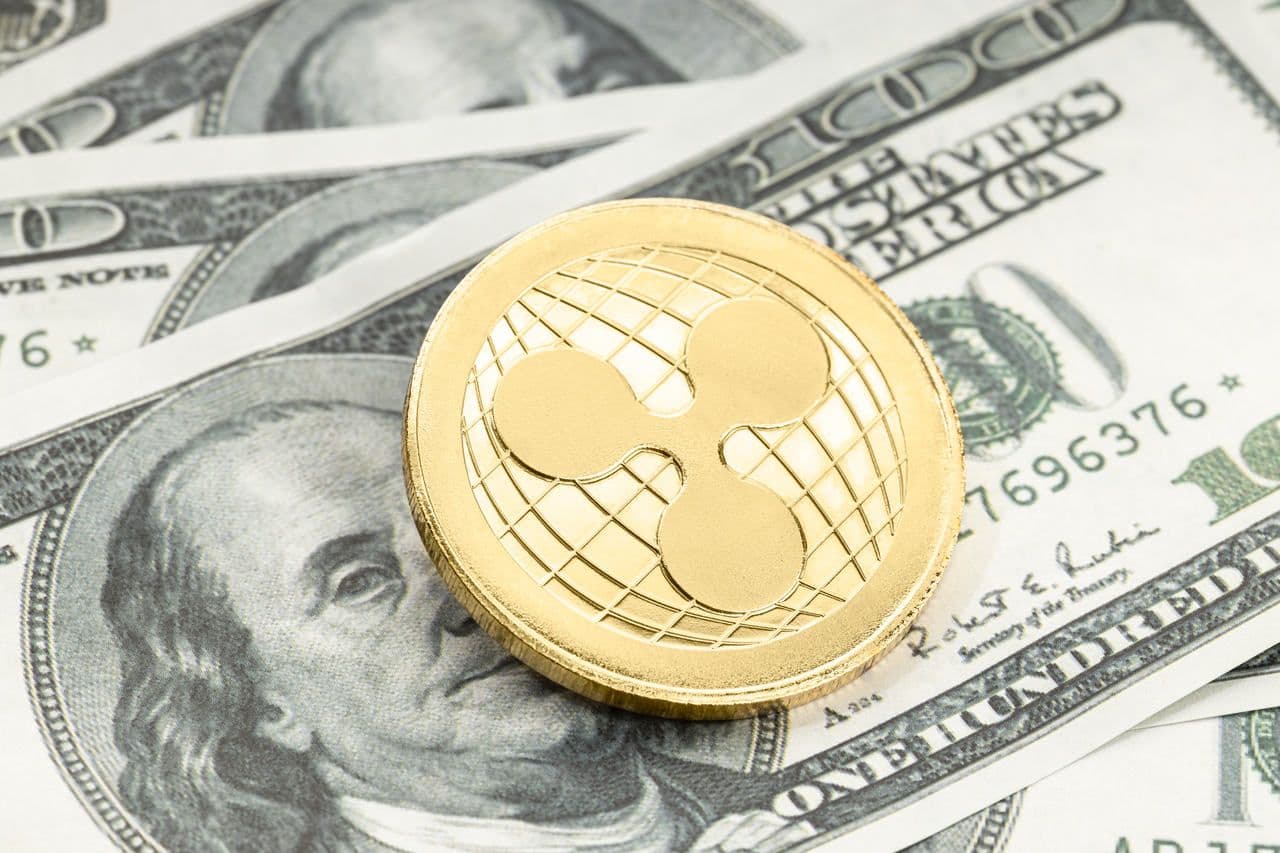Tether To Pay $42.5M Fines Over Claims That USDT Is Backed By A Dollar Each
Tether and Bitfinex have agreed to pay $42.5M to CFTC over false claims that USDT was backed 1:1 by USD and for executing illegal transactions.

Tether and Bitfinex – the issuers of the highly popular cryptocurrency USDT stablecoin agreed to pay $42.5M in fines to the Commodity Futures Trading Commission (CFTC). This happened because of false claims that Tether Stablecoin fully backs US Dollars on a 1:1 basis. This happened while operating the Bitfinex cryptocurrency trading platform, a CFTC press release on Oct 15 said. The stablecoin Tether has long been the center of criticism for that specific claim.
Read Commissioner Stump’s concurrent statement on the Tether and Bitfinex settlement: https://t.co/O3MKRfrtC4
The Commodity Futures Trading Commission (CFTC) is an American agency responsible for regulating U.S. derivatives markets including futures, swaps, and certain options. This is the first that the CFTC has applied the definition of commodities to include stablecoins. However, the Commissioner reiterated that the agency doesn’t regulate stablecoins and the public shouldn’t have any false sense of comfort that CFTC is overseeing the stablecoin business.
The settlement with the Tether respondents finds that there were misrepresentations regarding the assets backing tether, specifically that the USDt tokens were backed 1-to-1 by US dollars. The evidence establishes that this assurance to tether customers was not 100% true, 100% of the time. When reviewing this record, it is clear to me that wrongdoing occurred, and that someone should be held accountable. For all of these reasons, I concur in the Commission’s acceptance of the Tether respondents’ offers of settlement.
What was the SEC’s stance towards USDT?
CFTC has fined Tether “for making untrue or misleading statements and omissions of material fact in connection with the U.S. dollar tether token (USDT) stablecoin” and Bitfinex for finding that it “engaged in illegal, off-exchange retail commodity transactions in digital assets with U.S persons on the Bitfinex trading platform and operated as a futures commission merchant (FCM) without registering as required”.
Tether, since its inception in 2014, has claimed that its USDT tokens are backed 1:1 by the USD and Euros. But, the company misrepresented these claims from Jun 01, 2016, to Feb 25, 2019, by changing the wording to “equivalent amount of corresponding fiat currency” held by Tether and “safely deposited” in Tether’s bank accounts. CFTC found that these claims weren’t true. Also, Tether wasn’t backed for most of the time.
LMAO Tether was basically never backed in the way they said https://t.co/MZPV11iOkI pic.twitter.com/pjB3wuwvZo
The agency also noted in its verdict that Tether failed to disclose that its reserves included unsecured receivable and non-fiat assets and that the blockchain company failed to carry out routine professional audits of its reserves backing. CFTC press release mentions that Tether held FIAT reserves for only 27.6% of the days in a 26 month sample time from 2016-2018 and the company relied on unregulated entities and shady third parties to hold funds, instead of holding them itself.
Tether didn’t do any proper audit of its reserves until now. The last audit turned out to be false by the CFTC as the company selected the date in advance and transferred funds beforehand. They did that on purpose to paint a false picture of a 1:1 backing. While the matter closed for now with the CFTC, Tether’s reputation as a credible and reliable stablecoin issuer has come under fire. Critics got heavy confirmation in the end with the USDT case.





























